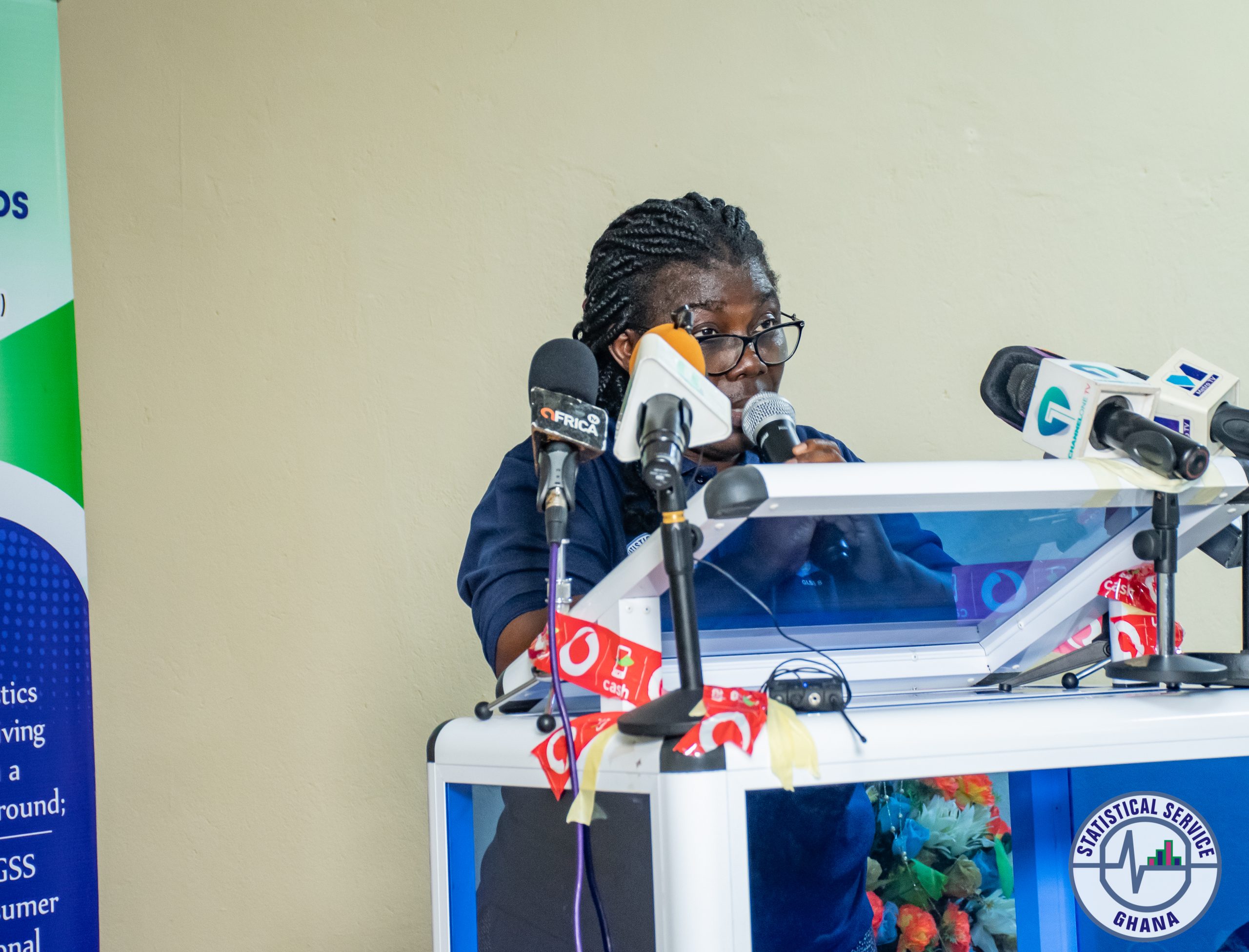GSS to begin round 8 of GLSS data collection
The Ghana Statistical Service (GSS), has announced its plans to begin the 8th round of Ghana Living Standards Survey (GLSS 8) focusing on learning poverty across the country.
The GLSS is a nationwide survey conducted every 5-years to gather information from individuals and provide data on the living conditions of households in Ghana.
In a statement issued and signed by Project Coordinator, Mrs. Abena Asamoabea Osei-Akoto said each round of the GLSS has a specific focus with the GLSS 8, adding that, it will also generate comprehensive data on the basic literacy and numeracy skills of children and adolescents to measure learning poverty in Ghana.
” Learning poverty, is defined as the inability of children to read and understand a simple text by age 10″, the statement noted.
According to the statement, the 2021 Population and Housing Census indicated that 30.2 percent of the population 6 years and older were not literate in any language highlighting the need for detailed
data to support the design and implementation of interventions to reduce illiteracy.
” information provided will be treated with the highest level of confidentiality and used solely for statistical purposes as required by the Statistical Service Act, 2019 (Act 1003)”, it further said.
It therefore urged all Ghanaians to participate fully in this important exercise by responding accurately to the questions because the data collected would contribute to the development of policies that address the needs of Ghanaians and improve overall standards of living.
Read full statement of the press release.
For Immediate Release
Statistical Service set to begin data collection for the Eighth Ghana Living Standards Survey (GLSS 8) focusing on learning poverty.
The Ghana Statistical Service (GSS) is set to begin data collection for the eighth round of the Ghana Living Standards Survey (GLSS 8).
The GLSS is a nationwide survey conducted every five years to gather information from individuals and provide data on the living
conditions of households in Ghana.
Each round of the GLSS has a specific focus with the GLSS 8 focusing on learning poverty. Learning poverty, is defined as the inability of children to read and understand a simple text by age 10.
Among others, the GLSS 8 will generate comprehensive data on the basic literacy and numeracy skills of children and adolescents to measure learning poverty in
Ghana.
The 2021 Population and Housing Census indicated that 30.2 percent of the population 6 years and older were not literate in any language highlighting the need for detailed
data to support the design and implementation of interventions to reduce illiteracy.
Addressing learning poverty is integral to the achievement of Sustainable Development Goal (SDG 4) which aims to ensure inclusive, equitable, and quality education and promote lifelong learning for all, and for fostering sustainable development and social mobility.
In addition to providing data on learning poverty, the GLSS 8 will provide and generate statistics for the estimation of monetary and non-monetary poverty, household consumption for the determination of items in the Consumer Price Index basket used for the computation of CPI, estimation of national accounts to monitor the performance of the economy, and other social indicators to measure the living standards of persons in Ghana and support the evaluation of social policies and programmes.
Data collection for GLSS 8 will span a period of 12 months, from 31st October 2024 to October 2025. A total of 25,650 households across Ghana have been selected to
participate in this exercise.
Importance of Public Participation
The success of GLSS 8 depends on the cooperation of all citizens. Field personnel from the Ghana Statistical Service (GSS) will visit selected households across the country to collect data on household living conditions.
They will live in their assigned communities during the survey period to build rapport with households, ensuring that the data
collection process is as thorough and credible as possible.
All information provided will be treated with the highest level of confidentiality and used solely for statistical purposes as required by the Statistical Service Act, 2019 (Act 1003).
Selected households are urged to participate fully in this important exercise by responding accurately to the questions because the data collected would contribute to the development of policies that address the needs of Ghanaians and improve overall standards of living.
Source: GSS

























































